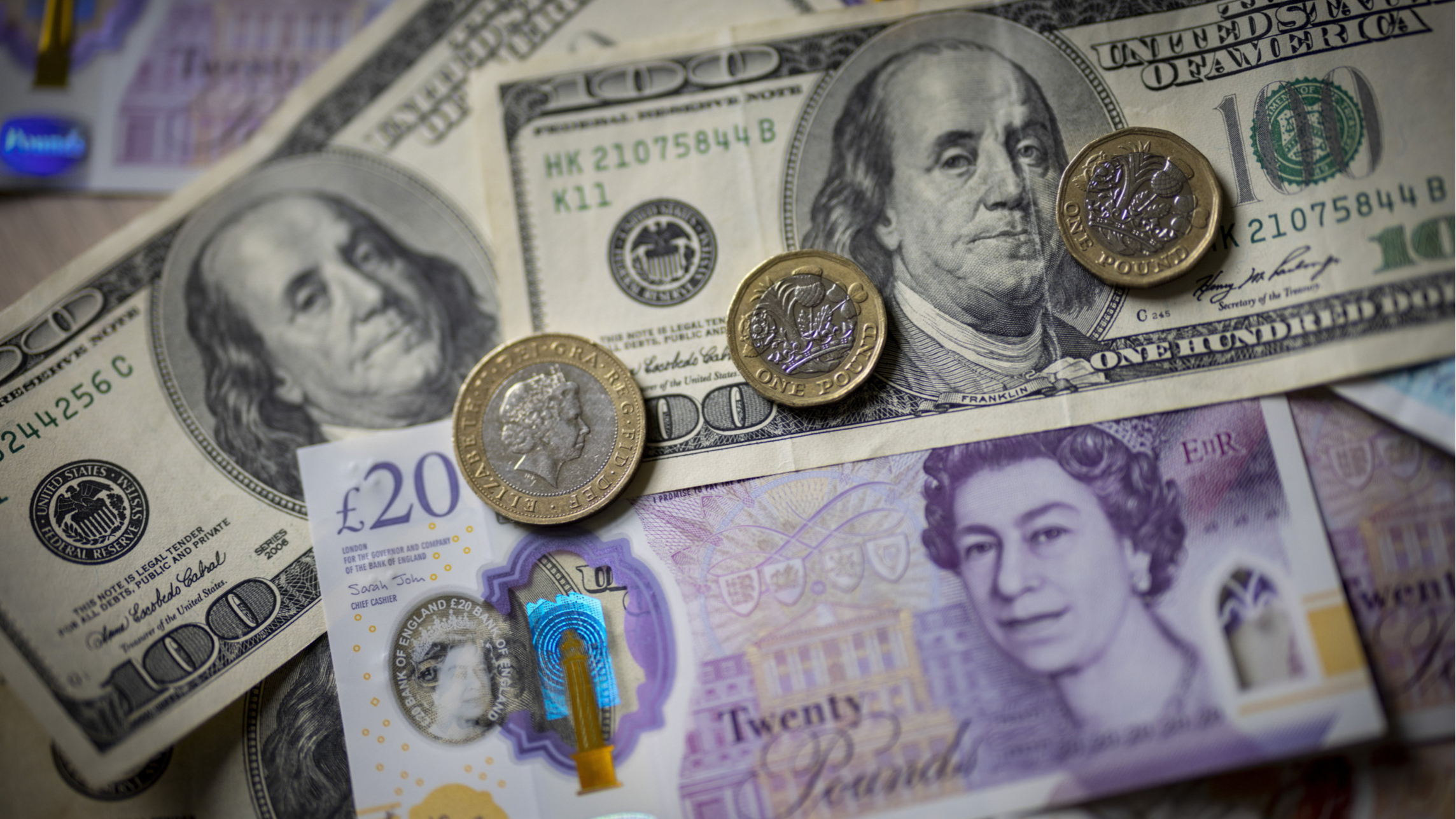Beware the foreign exchange transfers maze
The last time the pound was this weak against the dollar, the UK had just agreed to hand Hong Kong back to China, it was in the grip of the miners’ strike and King Charles was just 36 years old. Against the euro, things haven’t been this bad since the 2008 financial crisis.
This will be good news if you have been working abroad and are returning to the UK armed with savings in foreign currencies, or considering a UK home purchase from abroad, but terrible news if you are a Briton pursuing your lockdown dream of buying a foreign holiday home.
Either way, one thing you probably haven’t spent long considering is how much the money changers will charge you to shift the cash.

With such large sums, errors in your instructions may cost you dear. Andrew Gibson, co-founder of Key Currency, reckons that once a year a customer error — such as a mistyped IBAN number or SWIFT code — results in a cross-border transfer ending up in the wrong account abroad.
“The international banking system is slow, it could take two to four weeks to get it back to your account. It is so painful for the customer,” he says.
If you’re using a UK-based currency broker and you’re transferring money from abroad, double check your instructions to the originating banks. Transferring funds online across borders typically means checking a drop-down menu where the default option may mean a high-fee transaction. “The banks can be a bit naughty here and want to do the conversions themselves because it’s in their interests,” says Dewar.
Even when you get the instructions right, things might go awry. My $1,500 snafus occurred because the intermediary bank ignored the instruction to transfer Australian dollars and automatically changed them to sterling, charging me commission.
When the sterling amount hit my broker’s account in the UK, the host bank automatically changed it back to Aussie dollars to match the denomination of the account, again at a punitive rate. By the end of the fiasco I’d paid 3 per cent in fees (by comparison, those charged by my foreign exchange broker were between 0.1 and 0.3 per cent).
During the weeks-long detective hunt that followed, my broker was invaluable in helping me chase down the problem. But how much help you get resolving similar mix-ups may vary.
Because these are firms regulated by the Financial Conduct Authority, you can complain to the Financial Ombudsman Service. But only if it’s a UK firm’s mistake, which in my case it was not. Three years on, I still shudder at the thought of being shoved from pillar to post.
The author is a freelance journalist
This story originally appeared on: Financial Times - Author:Hugo Cox

























